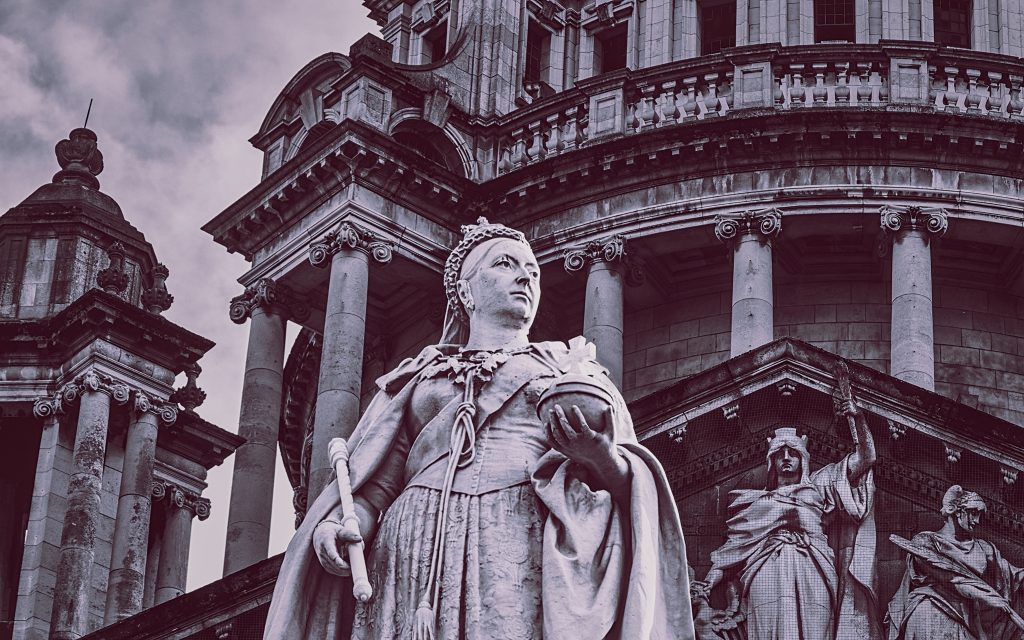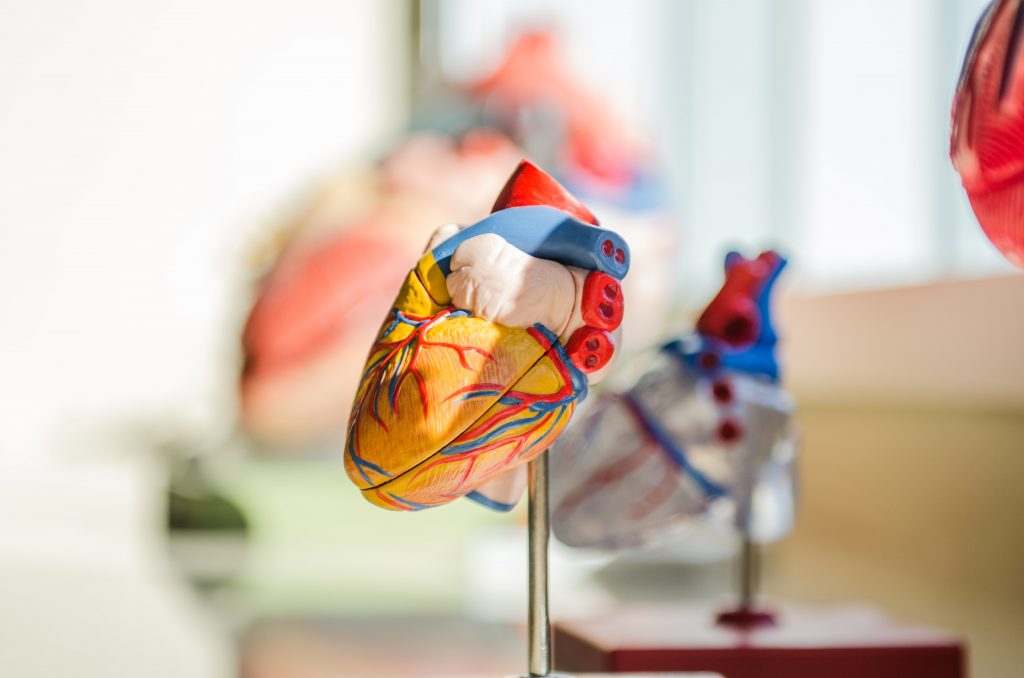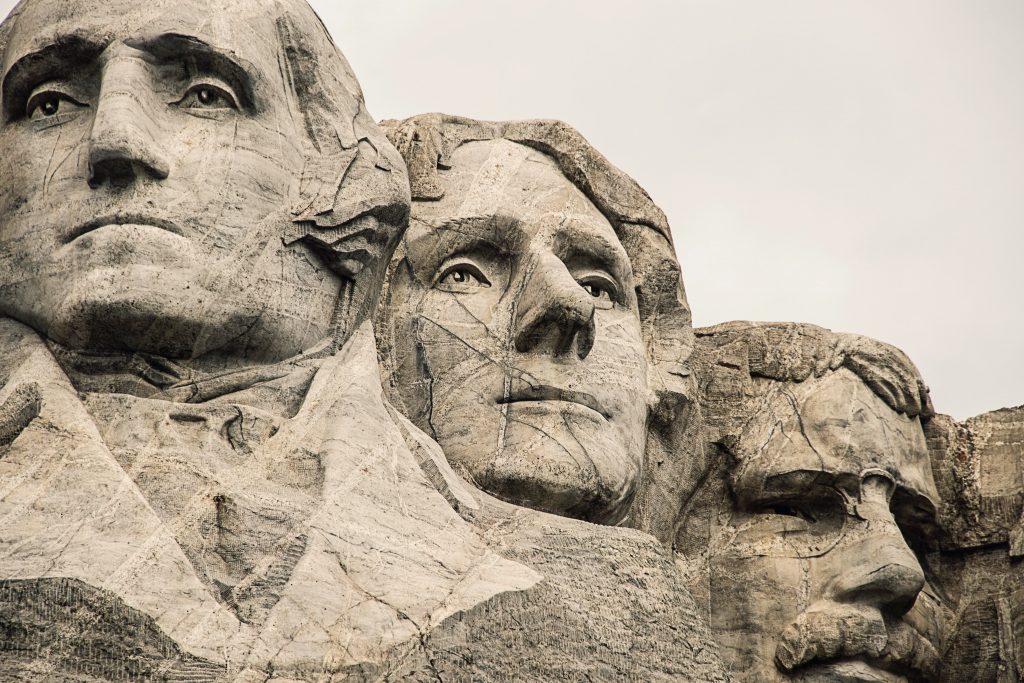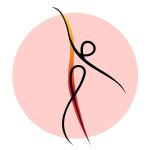Meridian Archetypes Part 6: The Good Politician
The heart meridian sees the wonder in the mundane, beauty in the undeserving, and courage in the oppressed. They innately understand unconditional love and sacrifice. This meridian is represented by the archetype of the statesperson or good politician. A good politician is a great leader and is sincere, charitable, imaginative, and persuasive.
To find the good politician within you, you have to look at your relationships with others and your relationship to joy.
Do you feel called to help your community?
When you follow your passions, do you find that your enthusiasm motivates others?
Do others find you enchanting?
Do you tend to avoid your problems and hope that they will solve themselves?
In Traditional Chinese Medicine, the heart is the Empress of the body. The seat of compassion, consciousness, and intelligence. All other organs are collaborators in the mission of the heart. Without the other organs, the heart cannot manifest its vision; but without the heart, the other organs have no mission or purpose. In our modern times, the statesman/stateswoman represents this energy.

Issues with the heart meridian manifest as lack of joy, avoidance, forgetfulness, and laziness. Our heart is fueled by our passion, and without our passions, we become listless and slothful. The physical manifestations of imbalances appear in chest, shoulders, and rotator cuff injuries.
By strengthening and stretching the heart meridian, you gain access to your passion, unconditional love, and the arts of persuasion. You also may learn some tricks to combat shoulder injuries and improve movement in your rotator cuff. To understand the heart meridian’s place in our series, we will examine its western medicine functions, archetypes, common imbalances, and exercises to help restore the healthy flow of our meridian.
The Heart In Western Medicine
In Western Medicine, the heart is the center of the circulatory system and pumps blood throughout the body. The circulatory system is made up of blood vessels called arteries and veins. Arteries bring blood to the heart, and veins carry blood away from the heart. The circulatory system is divided into two separate systems. One circles the heart and interacts directly with the lungs. This part of the system is responsible for transferring oxygen from the lungs to the blood for further distribution, and disposing of carbon dioxide via the lungs through exhalation. The second part of the circulatory system is responsible for distributing oxygen, nutrients, and hormones to the rest of the body.
The heart is a crucial messenger to the cells in the body. Blood transports hormones from the endocrine system. The hormones are responsible for the transfer of information and instructions to the cells of the body. These hormones govern a variety of bodily tasks including controlling our blood pressure, releasing salt from the kidneys, regulating blood sugar levels, etc. Without these hormones, our body is at risk for developing fatal imbalances including low/high blood pressure, low/high cholesterol, and low/high blood sugar.

If the circulatory system and heart are not working properly, our health can deteriorate pretty quickly. Heart disease is one of the major killers of the world’s population. The term “heart disease” encompasses many different heart abnormalities, including those we are born with and those that we develop through poor diet or lack of exercise. This means that preventing heart disease will need a multi-faceted approach.
The most obvious way to keep from developing heart disease is to eat healthily, maintain a healthy weight, and exercise regularly. Of course, this will not prevent diseases that we are born with, but it does support a healthy heart overall.
In both western medicine and Traditional Chinese Medicine, the heart governs the movement of blood. Although in TCM, other meridians also play a role in the movement of blood including the spleen, liver, and lungs. Its role as the Empress of the organs shows the essential role the heart plays in physical health, as well as in the health of our subtle body including our emotions, thoughts, and spirit.
Exercises
Beginner

Intermediate
Downward-Facing Dog (Assisted Version Below)

Advanced
Wall press
Puppy Pose (Below)

The Leader We Deserve: The Heart As The Good Politician

Archetypes: Statesman/stateswoman, politician, lover, knight, king, queen, empress, emperor
“Some are born great, some achieve greatness, and some have greatness thrust upon them.”
William Shakespeare
In Traditional Chinese Medicine, the heart is considered the Empress of all the organ systems. The good politician or statesman/stateswoman represents the Empress in modern times. They remind us of what we all have in common and remind us what is truly important in life.
The term “politician” often has a negative connotation. Politicians can be seen as corrupt, power-obsessed, and concerned more with personal image than their constituents. By contrast, the states-person is driven by their need to do what is right. They unify communities divided by illusions of separateness.
The heart meridian ties together all meridians in one shape or another through its control of the blood. Gu Qi or food energy which is made in the spleen is transformed into the blood by the heart. The spleen and the kidneys make the blood, the liver stores blood, and the heart pumps the blood throughout the body.
Even though the heart is in the physical world, the true nature of the heart is more spiritual in nature. The heart meridian in TCM is said to be home to Shen or the mind. It metabolizes not only flesh and blood but spirit.

Heart, Empress, Politician, Statesman: The Great Unifier
The theme of the heart is unity. It connects yin and yang, which are two states of being with the same life force. If our spirit is not congruent, our heart meridian cannot process thoughts and feelings properly. Congruence comes when the mind and heart are working together. Together the heart and mind control the will. Without congruence, the will is subject to the influence of an outside force.
Addictions are born when we lose control of the will. If we do not address the mind and heart to ensure they both want the same thing, we will not be able to master our addictions.
The heart meridian is represented by the fire element. The physical manifestation of a heart imbalance is most obvious in the tongue. A red tip to your tongue can indicate too much heat and an imbalance that can also show up in sleep troubles, heart palpitations, a red face, or a bitter taste in the mouth. The muscles affected by a heart imbalance lie in the chest, shoulders, and rotator cuff muscles. In the subtle body, the heart meridian influences our ability to accept and respect all life. Without its guidance, we see the world as divided and corrupt. We feel the disharmony keenly and grieve for a world we see as lost.
The Mind & The Heart
Our minds and hearts are powerful allies and the most unfortunate enemies. If the heart and mind are in agreement, we experience a feeling of fulfillment, connectedness, and euphoria. When the mind and heart are not on the same page, we find ourselves lost with no willpower and no guidance.
The most common example to express this would be a romantic relationship. In new love, we all experience excessive joy. Our body and mind go haywire. In the honeymoon phase, everything our partner does validates the overflowing feeling of “right” in our hearts. However, as time passes, we may start to realize (with our minds) that our partner has flaws. Perhaps one of those flaws is a deal-breaker for you. Meanwhile, the heart is so caught up in the relationship that it begins to disagree with the mind. It doesn’t see any flaws, only a wonderful, idealized relationship.
Your partner asks you, out of the blue, if you want to move in with them. Your heart screams yes, while your mind flatly refuses. This disagreement results in some pretty severe anxiety because you aren’t sure what you genuinely want.
Too Much Joy: Euphoria Imbalance in the Heart
The euphoria associated with love, joy, pleasure, and other matters of the heart, is a great example of too much of a good thing. In Chinese Medicine, inordinate joy stirs up the minister’s fire, which in turn over stimulates the mind. Disharmony of the heart can disrupt your sleeping schedule. If the heart is weak, the overstimulated mind will float, keeping you awake either with dreams of fire, smoke, or mountains. When the heart is in excess, you will dream of laughter.
Our normal state is a delicate balance where our emotions are in balance with our thoughts. When the heart is overwhelmed by feelings of joy or grief, love or hate, pleasure or pain, we upset the balance and compromise the Empress of our meridians.
To bring the mind and heart back into balance, you can start by becoming aware of their unique voices. What does your heart love? What does your mind think? Learn to notice when you say “I think” versus “I feel.” But be warned. Once you learn to hear them, the mind and heart are difficult to ignore.
Looking Forward
Next in the Meridian Archetype series, we will look at the sexual and brain meridians. The sexual meridian is represented by the God and Goddess energies, while the brain meridian is epitomized by the Engineer. Physical imbalances manifest in the hip flexors and hamstrings.
Commonly called the conception vessel and governing vessel in Traditional Chinese Medicine, the sexual and brain meridians run down the mid-line of the body and govern our feminine and masculine energies.
Take Action!
Learn more about flexibility and strength training or schedule an appointment today!
Emma Matthies
Related posts
1 Comment
Leave a Reply Cancel reply
Categories
- Flexibility & Strength (12)
- Healing for Meridians (10)
- Holistic Lifestyle (3)
- Lymphatic Drainage (5)
- Massage (3)
- Meridian Archetypes (19)
- Spiritual (1)
- Traditional Chinese Medicine (11)




[…] Read more here. […]